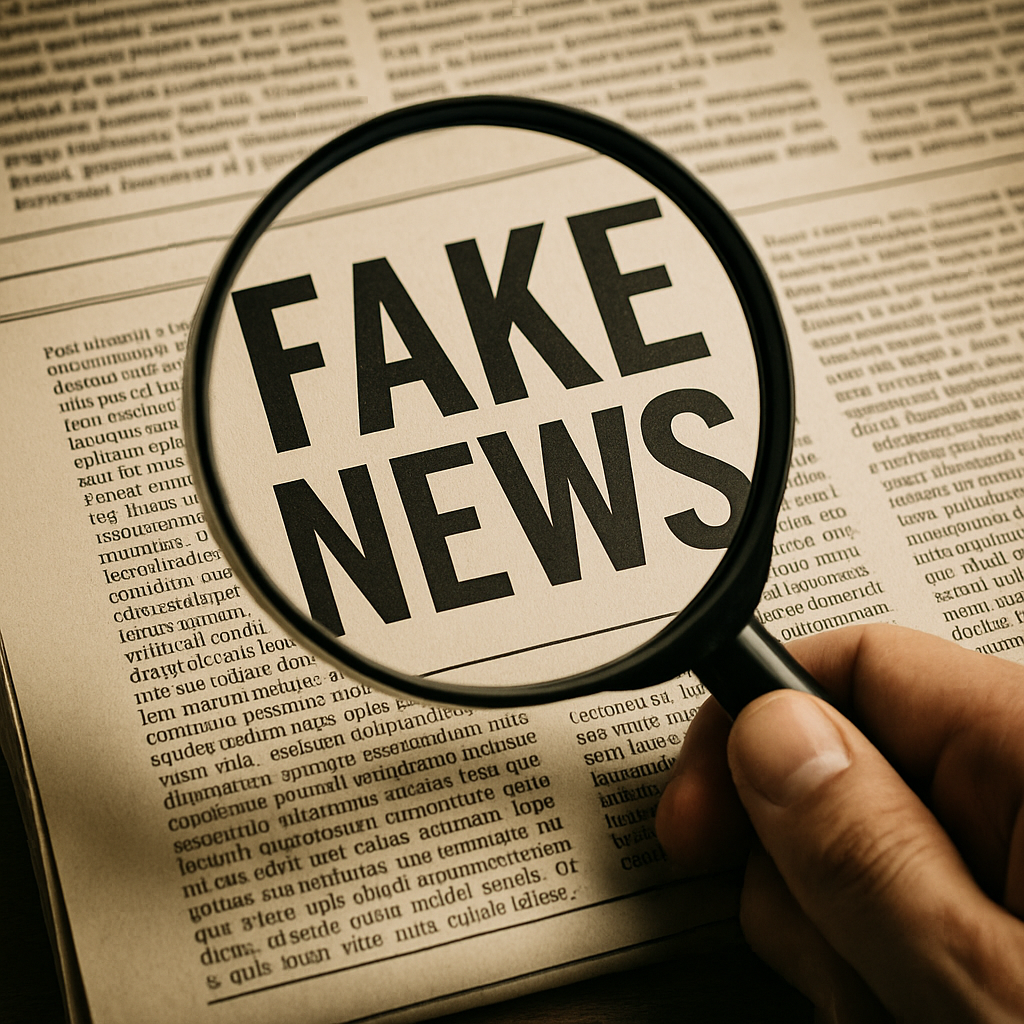
Defamation-related legal disputes in Canada are more relevant than ever in today’s hyper-connected world. Whether on social media, in the workplace, or through media publications, false statements can cause serious damage to one’s standing. But what is reputational harm, and how does it differ from libel or slander? This blog offers a comprehensive explanation of civil defamation, its legal implications in Canada, and how to succeed in a claim for reputational damage.
What Is Reputational Harm?
Character damage occurs when a false statement presented as fact harms another person’s public or professional image, often leading to defamation claims. In Canada, character attacks are a civil wrong, meaning you can sue the person or entity responsible.
Reputational Injury Meaning: The act of damaging someone’s good name or professional integrity through falsehoods. False accusations that diminish public perception can be legally actionable in defamation cases.
Libel and Slander Explained
- Libel refers to harmful statements made in written or permanent form (e.g., newspapers, online posts).
- Slander refers to harmful statements spoken aloud (e.g., verbal accusations, audio recordings).
Why Is Defamation Illegal in Canada?
This form of misconduct is illegal because it causes real harm. Canadian law protects reputation, and falsehoods, which can often result in defamation actions, can lead to:
- Loss of employment
- Breakdown of relationships
- Damage to credibility and professional trust
Why Is False Accusation Harmful? Because it spreads misinformation that can permanently affect a person’s life, finances, and public identity, potentially leading to defamation suits.
Succeeding in a Claim for Reputational Injury in Canada
To win a lawsuit, you must prove:
- The statement was communicated to others
- The statement was false
- It caused measurable harm to your reputation
- It was not protected by legal defences (e.g., truth, fair comment)
Civil liability for character attacks requires real evidence of damage. Legal remedies aim to restore reputation and provide justice to the injured party who has faced defamation.
How to Sue for Libel or Slander in Canada
- Collect evidence (screenshots, recordings, printed materials)
- Identify the publisher or speaker
- Consult a legal professional for assessment
- File a civil claim (generally within 2 years in Ontario)
Legal claims involving false public statements require proper documentation and understanding of procedural rules surrounding defamation.
Relevant Acts Provisions
📜 Provincial Defamation Acts
These laws provide civil pathways to remedy reputation-based harm through defamation claims.
Defamation Law FAQs
- What does it mean to damage someone’s reputation? Making false statements that reduce public respect or trust.
- Which is true about defamation? It must be false, communicated to others, and cause harm.
- When is character damage legally actionable? When it causes verifiable harm and isn’t protected speech.
- What’s the difference between libel and slander? Libel is written, slander is spoken—but both are forms of reputational attack.
- Why is this conduct illegal? Because it affects livelihood, trust, and psychological well-being.
Discover Who’s Fighting for Your Good Name
Canadian law recognizes the importance of reputation and protects individuals from unfounded attacks, often leading to defamation claims. If someone has harmed your name, there is a legal path forward. Know your rights and assert them—because your reputation is worth defending..
Contact Us
Learn more about BF Legal Services and our mission to defend your reputation
